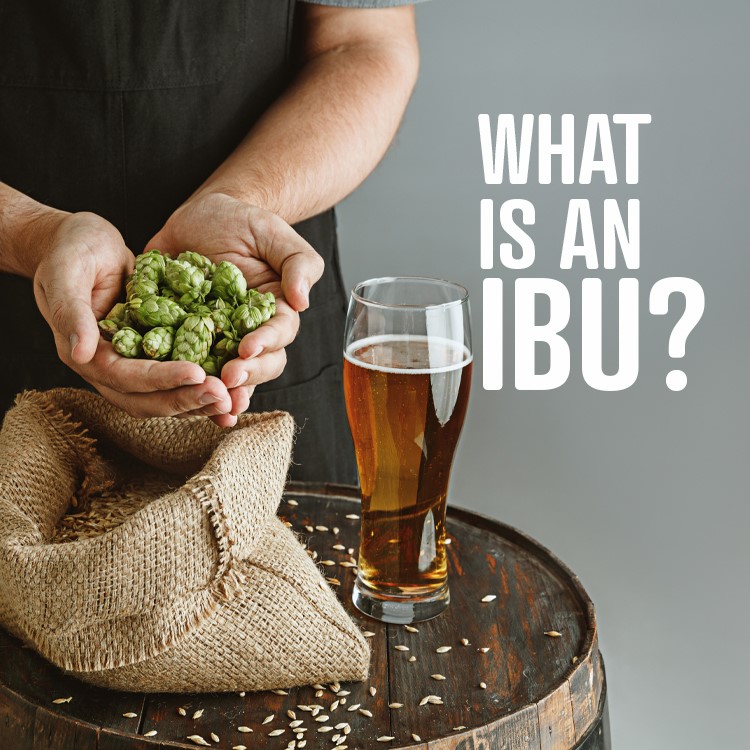If you’re a beer enthusiast, you’ve likely come across the term “IBU” on beer menus or bottles. IBU stands for International Bitterness Unit, a scale used to measure the bitterness of beer. But why was this scale invented, and why does it matter to beer drinkers?
The Origins of the IBU Scale
The IBU scale was developed as a way to quantify the bitterness of beer, primarily attributable to the hops used during brewing. Hops are flowers that impart bitterness, flavour, and aroma to beer. The bitterness comes from compounds called alpha acids, which are extracted from hops during the brewing process.
In the early days of brewing, determining the bitterness of beer was subjective and varied widely. Brewers needed a standardized method to communicate the bitterness levels to consumers and fellow brewers accurately. Thus, the IBU scale was born.
How IBU is Measured
IBU is measured through spectrophotometry or chemical analysis, which quantifies the amount of iso-alpha acids present in the beer. These iso-alpha acids are responsible for the perceived bitterness on the palate. The higher the IBU value, the more bitter the beer is perceived to be.
Why Beer Drinkers Care
- Personal Preference: Some beer drinkers enjoy a pronounced bitterness in their beer, while others prefer a smoother, less bitter taste. Knowing the IBU helps consumers choose beers that align with their taste preferences.
- Style Identification: Different beer styles traditionally have different IBU ranges. For example, IPAs (India Pale Ales) are known for their higher IBU values due to their emphasis on hop bitterness, whereas styles like stouts or wheat beers generally have lower IBUs.
- Quality Control: For brewers, the IBU scale is crucial for consistency in brewing. It allows them to replicate desired bitterness levels in each batch, ensuring that consumers receive the beer they expect.
- Education and Appreciation: Understanding the IBU scale adds to the overall appreciation and enjoyment of beer. It allows drinkers to discern and discuss the complexities of different brews, enhancing the beer-tasting experience.
Conclusion
The IBU scale plays a significant role in the world of beer, providing a standardized measure of bitterness that enhances both brewing practices and consumer experience. Whether you prefer a hop-forward IPA or a milder lager, knowing the IBU helps you navigate the diverse and flavourful world of craft beer with confidence. So, next time you raise a glass, consider the IBU as part of the story behind your favourite brew’s unique taste.





